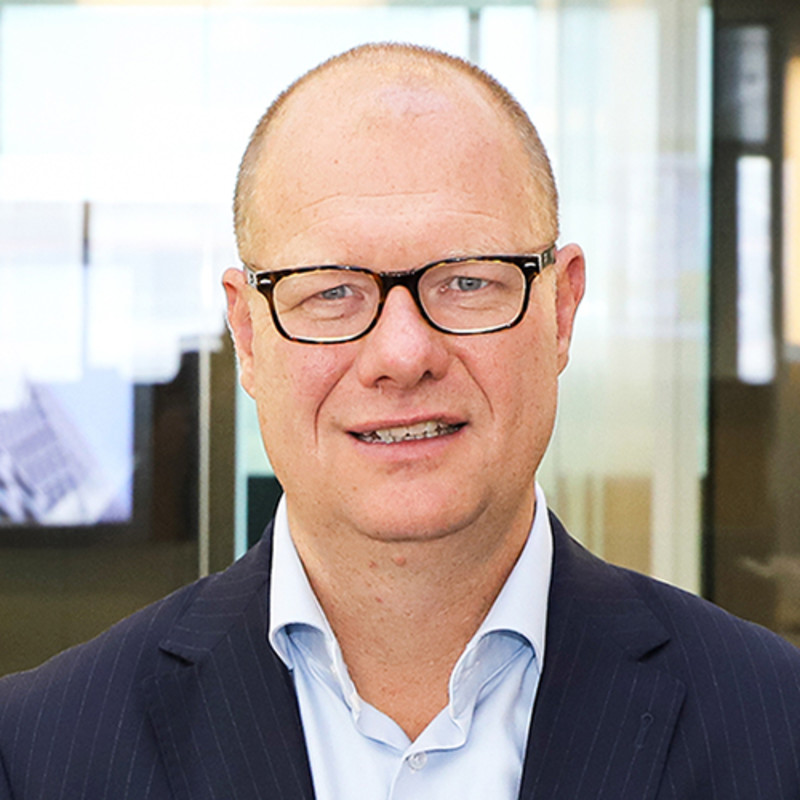Key points
- Helping business achieve positive impact through engagement.
- Drive clear and measurable improvements in a company’s contribution to the SDGs while achieving attractive investment returns
- Concentrated portfolio includes assessment on SDGs engagement potential.
About this fund
Robeco Global SDG Engagement Equities is an actively managed fund that invests in a concentrated selection of global stocks. Stock selection is based on fundamental analysis to invest in companies based on their contribution to the United Nations Sustainable Development Goals (UN SDGs). The fund actively engages with the invested companies and initiates a dialogue to motivate these companies to improve their fulfilment of the UN SDGs over three to five years. The portfolio is built on the basis of an eligible investment universe and an internally developed SDG framework for mapping and measuring SDG contributions (information can be obtained via the website www.robeco.com/si).The fund also aims to achieve a better return than the index.
Key facts
| Total size of fund | CHF 784,068,008 |
| Size of share class | CHF 4,324,484 |
| Inception date share class | 23-11-2021 |
| 1-year performance | 7.88% |
| Dividend paying | Yes |
Fund manager
 Thomas Globe
Thomas Globe Michiel Plakman CFA
Michiel Plakman CFA Peter van der Werf
Peter van der Werf



